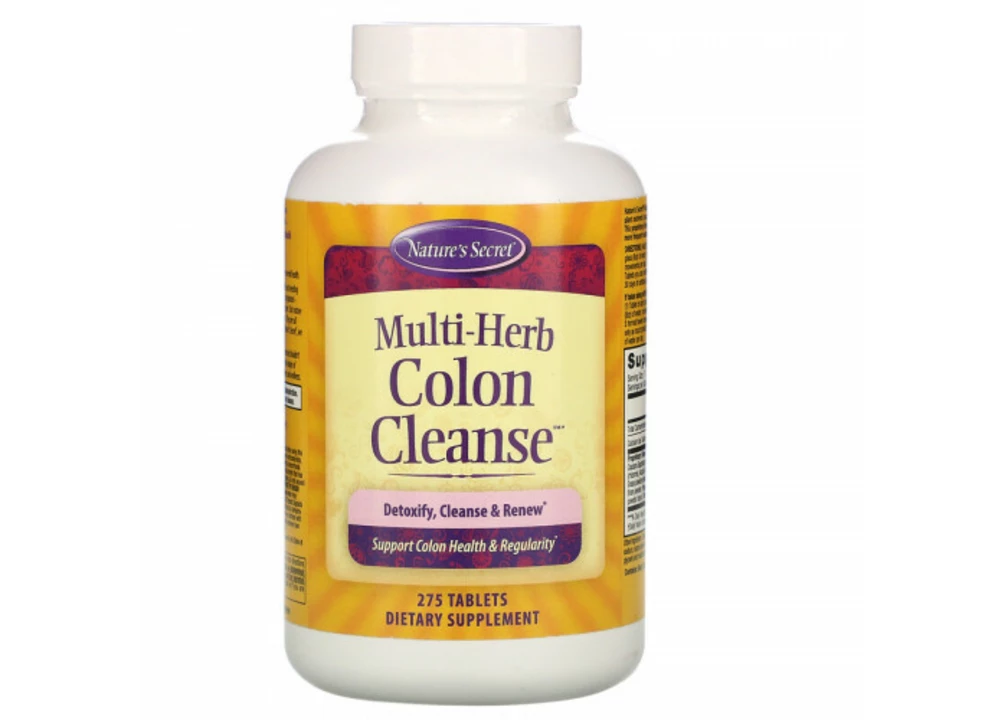 27
May,2023
27
May,2023
An Introduction to Scotch Thistle: A Treasure Trove of Health Benefits
Scotch thistle, also known as Onopordum acanthium, is a flowering plant native to Europe and Western Asia. It's pretty hard to miss, with its spiny leaves and beautiful purple flowers. But did you know that this plant is much more than just a pretty face? In fact, it's a treasure trove of health benefits that have been valued for centuries. Today, we're going to explore the secrets of Scotch thistle and discover why it's considered one of nature's most powerful dietary supplements. So, let's dive in and unlock the secrets of this amazing plant!
The Nutrient Profile: A Rich Source of Vitamins and Minerals
It might come as a surprise, but Scotch thistle is packed with essential nutrients that our bodies need to function optimally. Some of these nutrients include vitamins A, C, E, and K, as well as minerals like calcium, potassium, and magnesium. These vitamins and minerals play crucial roles in our overall health, from supporting our immune system to promoting strong bones and teeth. Additionally, Scotch thistle is a great source of dietary fiber, which aids in digestion and helps maintain a healthy weight. So, incorporating Scotch thistle into your diet can provide you with a wide range of essential nutrients that support your overall health and well-being.
Supporting Liver Health: Detoxification and Protection
Scotch thistle has long been known for its liver-protective properties. This is mainly due to the presence of a compound called silymarin, which has powerful antioxidant and anti-inflammatory properties. Silymarin has been shown to promote the regeneration of liver cells and protect the liver from damage caused by toxic substances. Additionally, it can help improve liver function by reducing inflammation and oxidative stress. This makes Scotch thistle an excellent natural remedy for those looking to support their liver health and detoxify their bodies.
Boosting the Immune System: Enhanced Protection Against Illness
Another amazing benefit of Scotch thistle is its ability to boost our immune system. The plant is rich in antioxidants, which help protect our cells from damage caused by free radicals. This, in turn, helps strengthen our immune system and makes us less susceptible to illness. Furthermore, Scotch thistle's anti-inflammatory properties can help reduce inflammation in the body, which is often linked to chronic diseases and a weakened immune system. So, adding Scotch thistle to your diet can give your immune system the boost it needs to protect you from illness and keep you feeling your best.
Managing Blood Sugar Levels: A Natural Solution for Diabetes
Scotch thistle has been found to have potential benefits for those with diabetes, as it can help regulate blood sugar levels. The plant's high fiber content can slow down the absorption of sugar in the bloodstream, helping to prevent blood sugar spikes. Additionally, some studies have shown that Scotch thistle may increase insulin sensitivity, making it easier for the body to process sugar. This can help those with diabetes manage their blood sugar levels more effectively and reduce their reliance on medications. However, it's important to consult your doctor before using Scotch thistle as a natural remedy for diabetes, as it may interact with other medications you're taking.
Promoting Healthy Skin: A Natural Remedy for Acne and Aging
Scotch thistle isn't just good for your insides – it can also help improve the appearance of your skin! The plant's anti-inflammatory and antioxidant properties can help soothe irritated skin, reduce redness, and promote healing. This makes it a great natural remedy for those suffering from acne or other inflammatory skin conditions. Additionally, Scotch thistle's high vitamin C content can help stimulate collagen production, leading to firmer, more youthful-looking skin. So, incorporating Scotch thistle into your skincare routine can help you achieve a clear, healthy, and glowing complexion.
Supporting Heart Health: A Natural Way to Lower Cholesterol
Scotch thistle can also help support a healthy heart, thanks to its cholesterol-lowering properties. The plant's high fiber content can help bind to cholesterol in the digestive system, preventing it from being absorbed into the bloodstream. This can help lower your overall cholesterol levels, reducing your risk for heart disease. Additionally, Scotch thistle's antioxidant and anti-inflammatory properties can help protect your blood vessels from damage, promoting better blood flow and overall cardiovascular health. So, adding Scotch thistle to your diet can be a great way to support your heart and reduce your risk for heart-related health issues.
How to Incorporate Scotch Thistle into Your Diet: Tips and Tricks
Now that you know all about the amazing health benefits of Scotch thistle, you might be wondering how to incorporate it into your diet. One of the easiest ways to do this is by consuming it in supplement form, either as a capsule or a liquid extract. This allows you to get a concentrated dose of Scotch thistle's nutrients without having to worry about preparing the plant yourself. However, if you prefer a more natural approach, you can also consume Scotch thistle as a tea or add its leaves to your salads or smoothies. Just be sure to remove the spines first, as they can be quite prickly!






Interesting read, thanks for sharing! :)
Scotch thistle indeed contains a notable concentration of silymarin, which has been studied for its hepatoprotective effects. The antioxidant capacity can aid in neutralizing free radicals, supporting overall cellular health. Additionally, the fiber content may contribute to glycemic control by slowing glucose absorption. Integrating the plant into a balanced diet, whether as a supplement or infusion, should be done with awareness of potential drug interactions. As always, consulting a healthcare professional before starting any new regimen is advisable.
One of the most compelling aspects of Scotch thistle is its multifaceted nutrient profile, which offers a blend of vitamins, minerals, and phytochemicals that can complement a diverse range of dietary needs. For instance, the presence of vitamin C not only supports immune function but also enhances iron absorption, an essential factor for those with higher physiological demands. Moreover, the magnesium and potassium found in the plant play critical roles in muscle contraction and nerve transmission, contributing to overall physiological balance. When it comes to liver health, the silymarin complex has been shown in several studies to promote hepatic cell regeneration, thereby assisting in recovery from oxidative stress. This same antioxidant activity extends to the skin, where the anti-inflammatory properties can mitigate acne-related inflammation and even attenuate signs of aging by fostering collagen synthesis. In the realm of cardiovascular wellness, the soluble fiber can bind bile acids, leading to a modest reduction in low-density lipoprotein levels, which is beneficial for heart disease risk management. For individuals managing diabetes, the high fiber content slows carbohydrate digestion, providing a more gradual release of glucose into the bloodstream and potentially improving insulin sensitivity. It is also worth noting that the plant's flavonoids may exert a protective effect on endothelial function, further supporting vascular health. Culinary applications are surprisingly versatile; the young leaves can be sautéed after de-spining, and the tender stems make for a nutritious addition to smoothies or herbal teas. While the raw form offers a distinct, earthy flavor, extracts and capsules provide a concentrated dose for those seeking convenience. As with any supplement, the dosage should be tailored to individual health goals and monitored for any adverse reactions. Integrating Scotch thistle into a holistic wellness plan can thus serve as a natural adjunct to conventional nutrition strategies. Lastly, staying informed about reputable sourcing ensures that the bioactive compounds remain intact and effective. Overall, the plant's broad spectrum of benefits makes it a valuable candidate for those pursuing a nutritionally rich and health-supportive lifestyle.
While the enthusiasm for Scotch thistle is commendable, one must scrutinize the evidence base before proclaiming it a panacea. The literature is replete with in vitro studies that lack translational relevance, and many clinical trials suffer from underpowered sample sizes. Moreover, the jargon-rich marketing narratives often obscure the nuanced pharmacokinetics of silymarin, leading to oversimplified claims. Without rigorous meta-analyses, assertions about cholesterol reduction remain speculative at best.
Appreciate the critical perspective; it underscores the importance of evidence-based practice. While acknowledging the limitations, it is also reasonable to consider moderate use within a well-rounded regimen, provided users remain vigilant about sourcing and dosage.